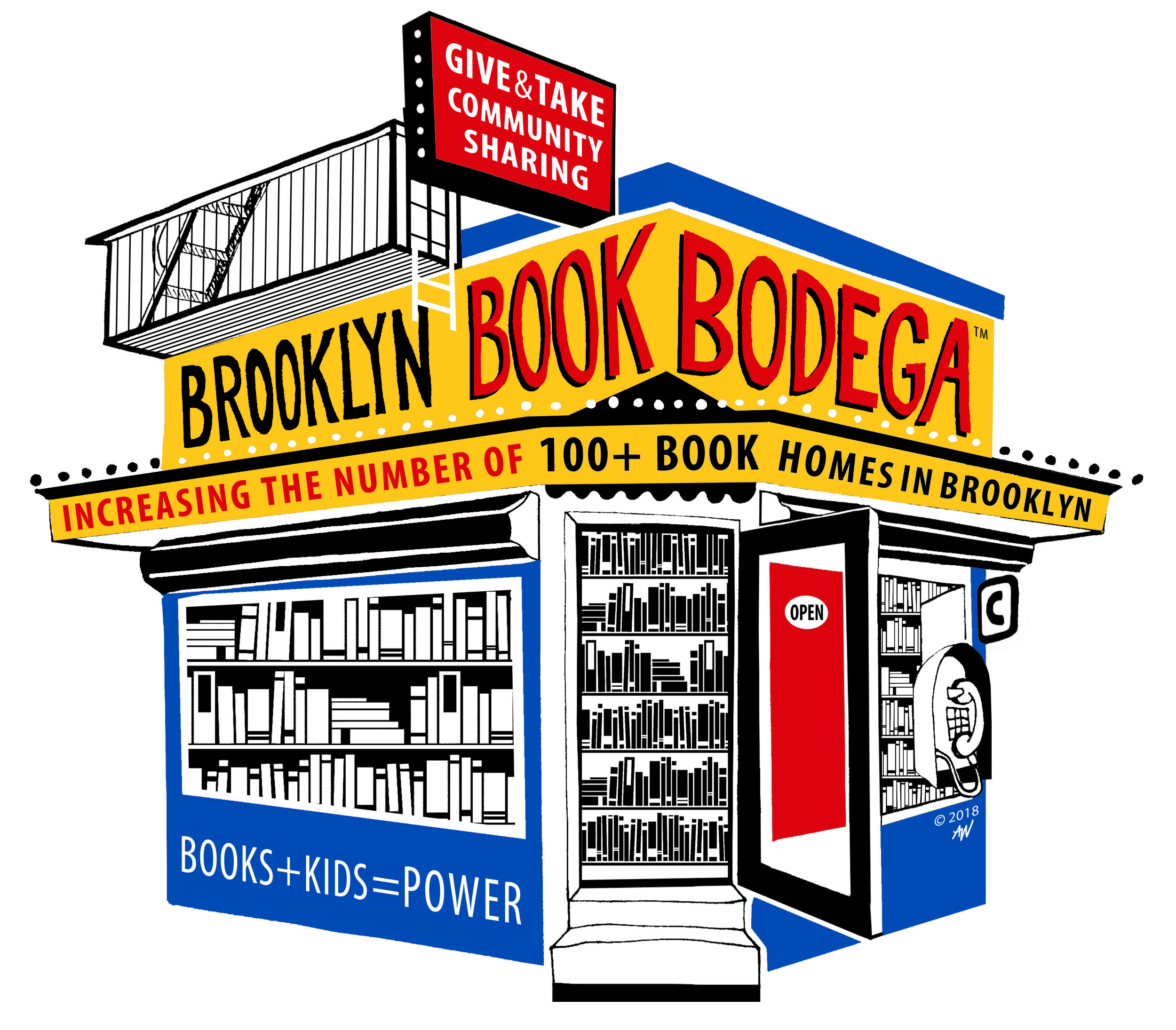Keeping Kids Reading During the Summer and Potential Reading Challenges
By Kara Lesondak
The more kids read, the more they love to read.
When I think of kids learning to read and becoming lifelong readers, I picture a school-age student so engrossed in her book that she misses her subway stop. Reading is exercise for the brain. The more kids read, the better they get at it and the more they love reading. Reading over the summer helps school-age children retain information learned the previous school year and gain knowledge and critical thinking skills for the next school year.
How can you keep your child reading over the summer?
Most importantly, make reading, writing, and language fun and part of everyday activities.
Go to the library each week.
Read aloud to your kids every night.
Have them read to you.
Play Summer Reading Bingo.
Take turns telling stories at mealtime.
Have written conversations where you can only write or draw with different colored markers.
Have kids write lists with words and pictures (foods they want to eat, places they want to go, etc).
Make a chart with pictures of favorite books each month this summer.
Have silly storytime wherever you are (in the bath, under the covers, or under the table).
If learning the alphabet and letter sounds, have scavenger hunts for objects with letter sounds. Ask: Can you find something that begins with /b/ like bear?
Play rhyming and word games.
Sing and make up songs.
Things to look out for, that could mean a child has reading challenges (from the National Center for Learning Disabilities).
Young children with reading challenges may have trouble:
Recognizing letters, matching letters to sounds and blending sounds into speech
Pronouncing words
Learning and correctly using new vocabulary words
Learning the alphabet, numbers, days of the week or similar common word sequences
Rhyming
School-age children with reading challenges may have trouble:
Mastering the rules of spelling
Remembering facts and numbers
Gripping a pencil or with handwriting
Learning and understanding new skills (instead, relying heavily on memorization)
Reading and spelling, such as reversing letters (d, b) or moving letters around (left, felt) Following a sequence of directions
Completing word problems in math
Reading challenges are remediable. The earlier a child who struggles to read receives intervention the better. If you think your child needs help, check out these helpful resources.
The Child Mind Institute: Struggling to read can be normal or it can indicate a reading challenge. Read this for information about dyslexia.
The Yale Center for Creativity and Dyslexia: Resources and tools to support parents and families of children with dyslexia.
Understood.org: The nuts and bolts of dyslexia.
Kara Lesondak is a learning specialist who has worked in public education since the 90s. She spent ten years designing toys and teaching toy making. She is currently a reading tutor, using the Orton Gillingham multisensory approach to reading. She believes that all kids should have access to a great education where they become lifelong learners. She loves reading and helping kids discover the magic of books. Brooklyn Book Bodega does just that. She looks forward to supporting this amazing organization.

